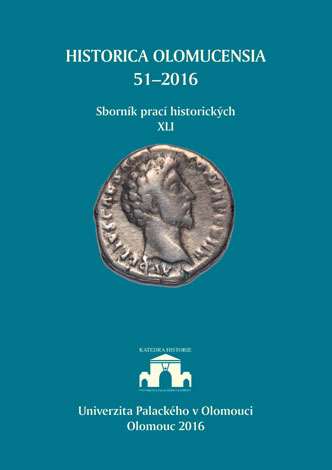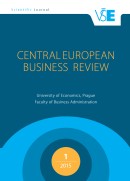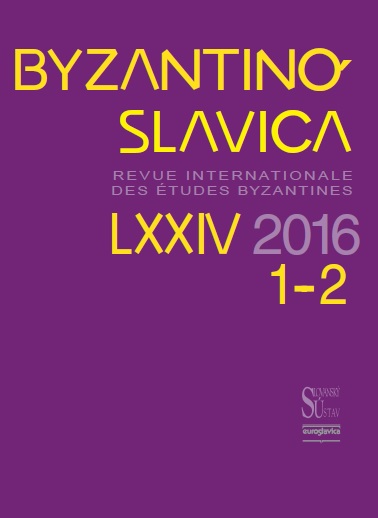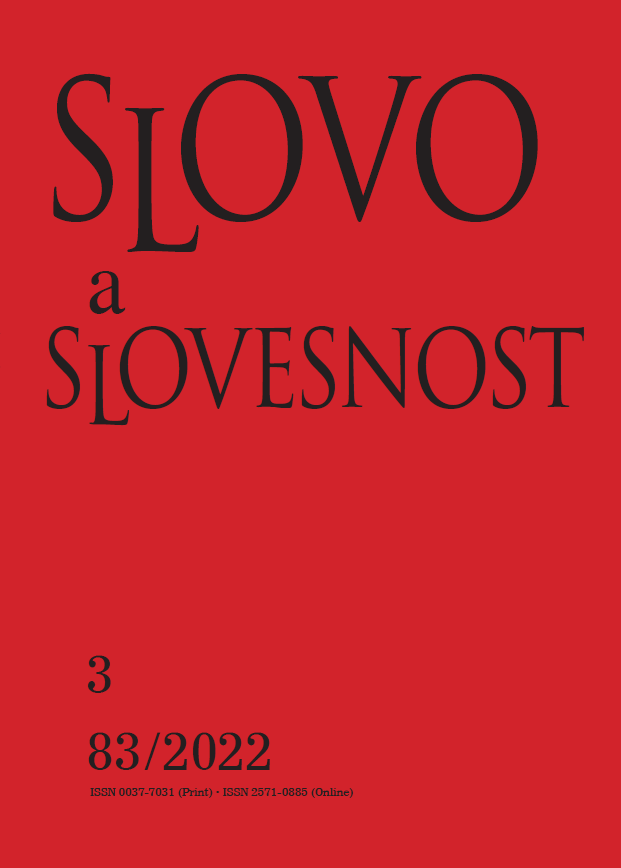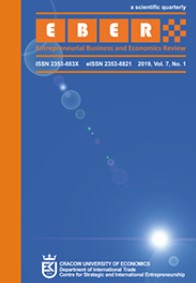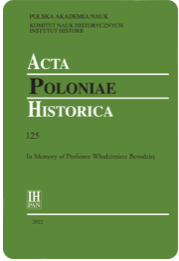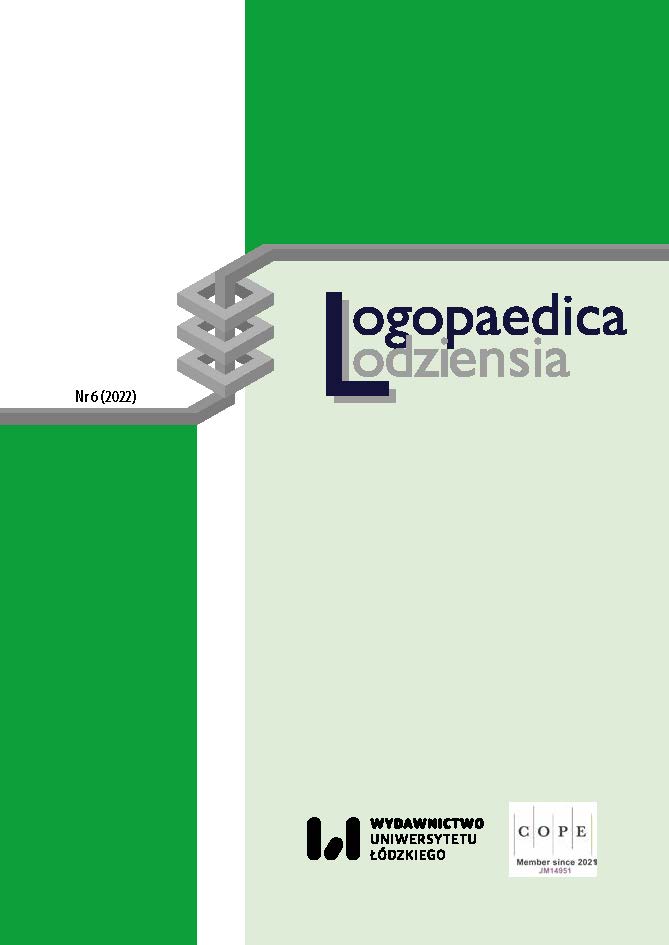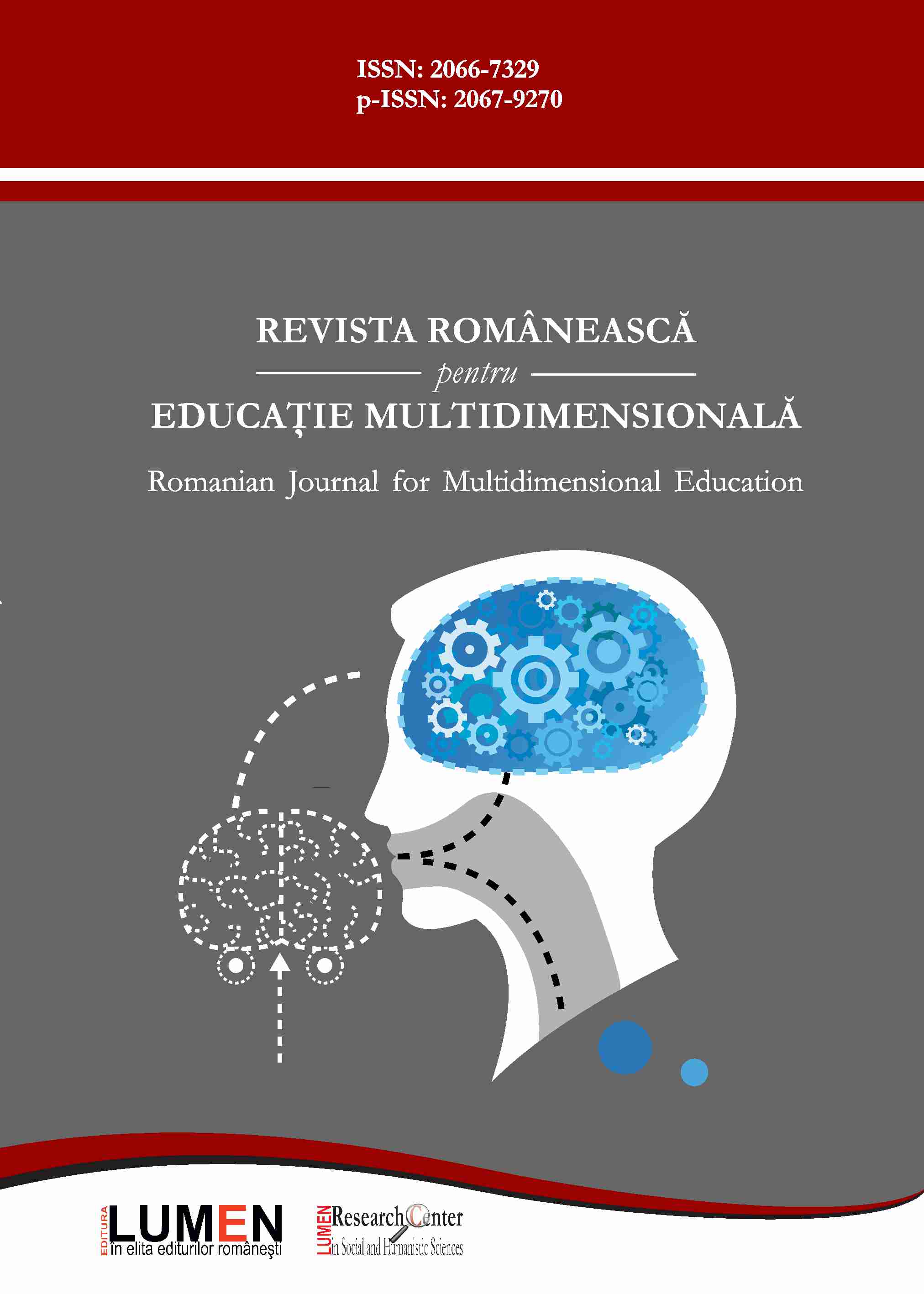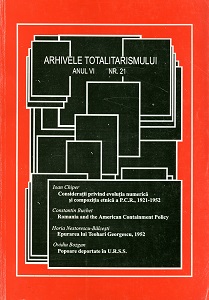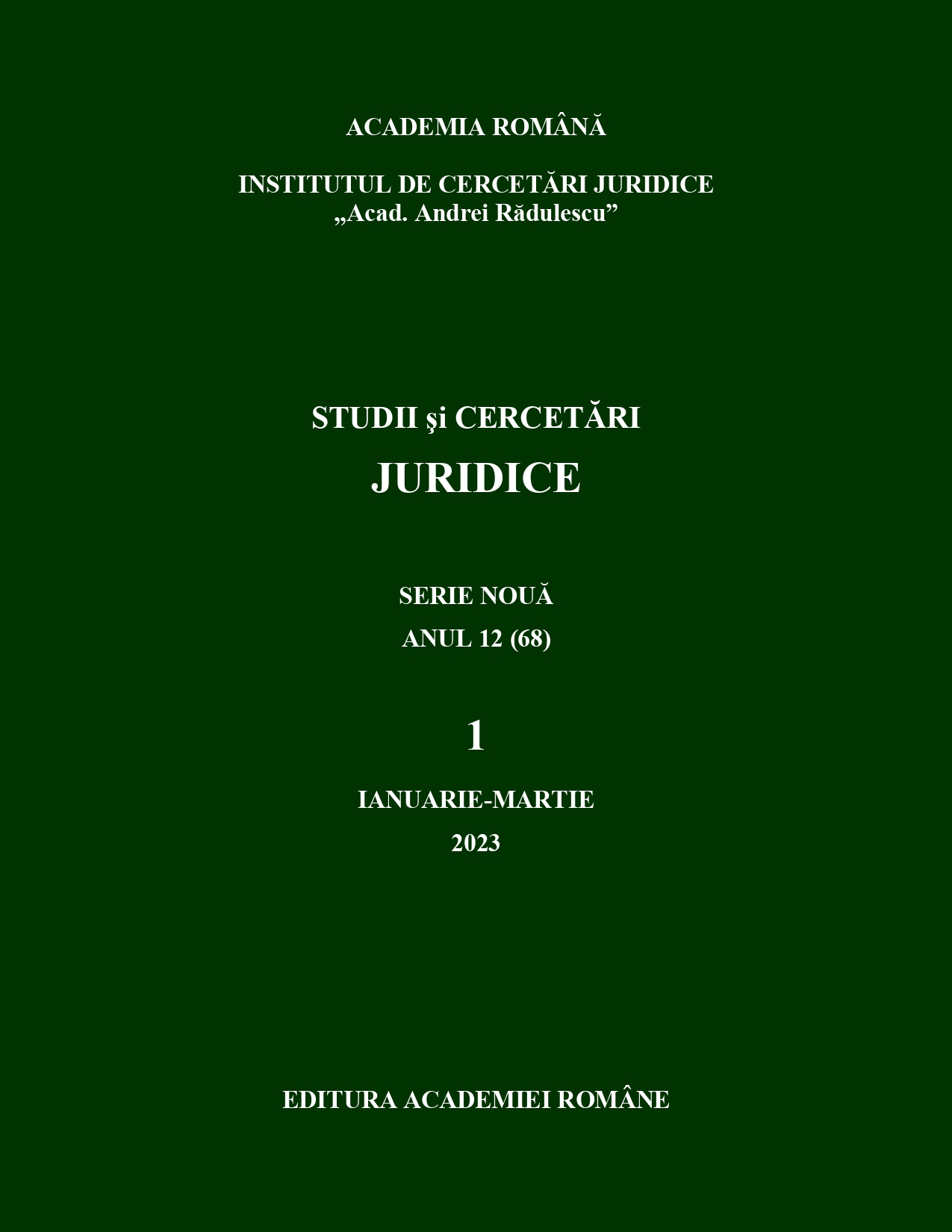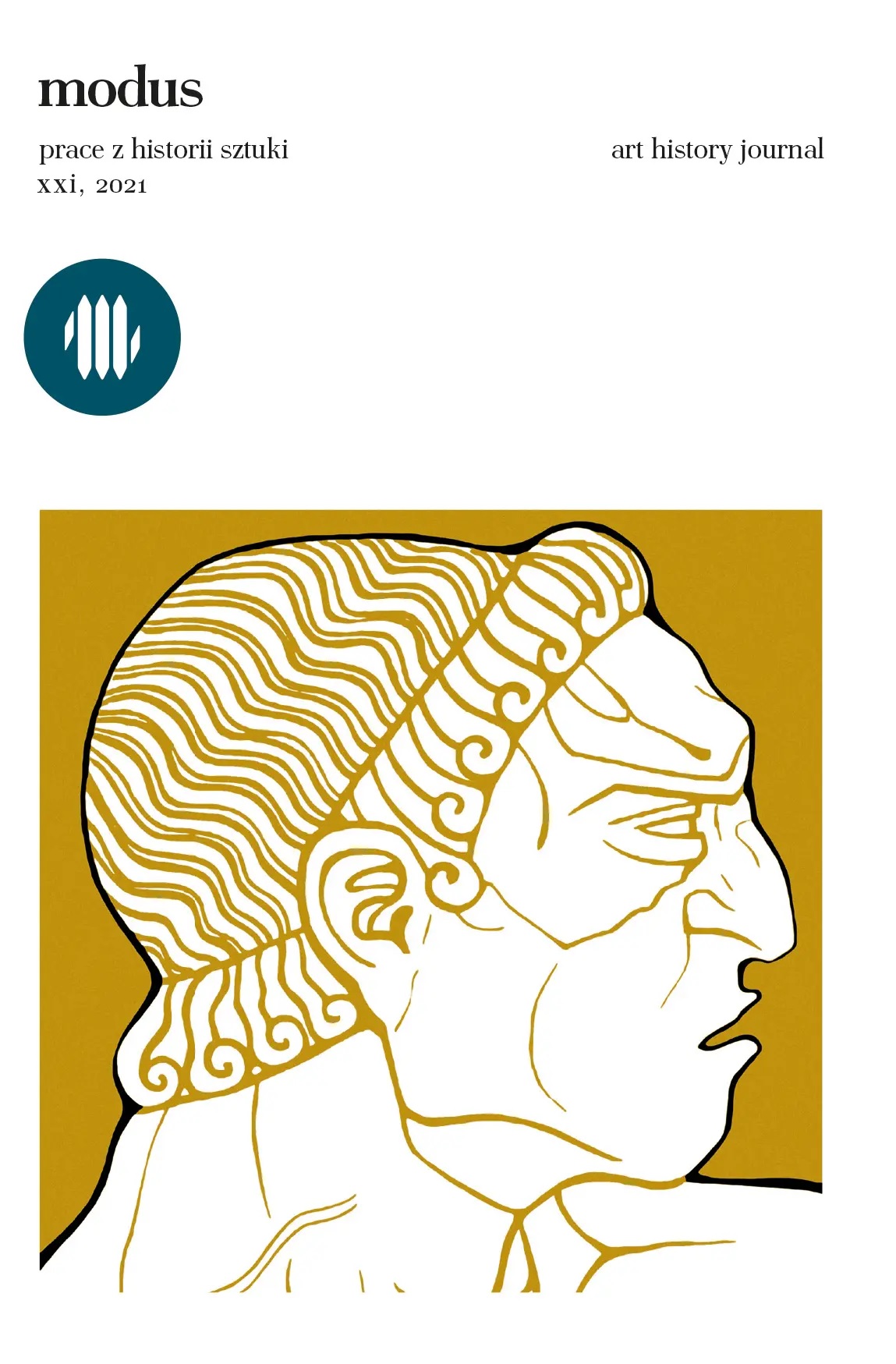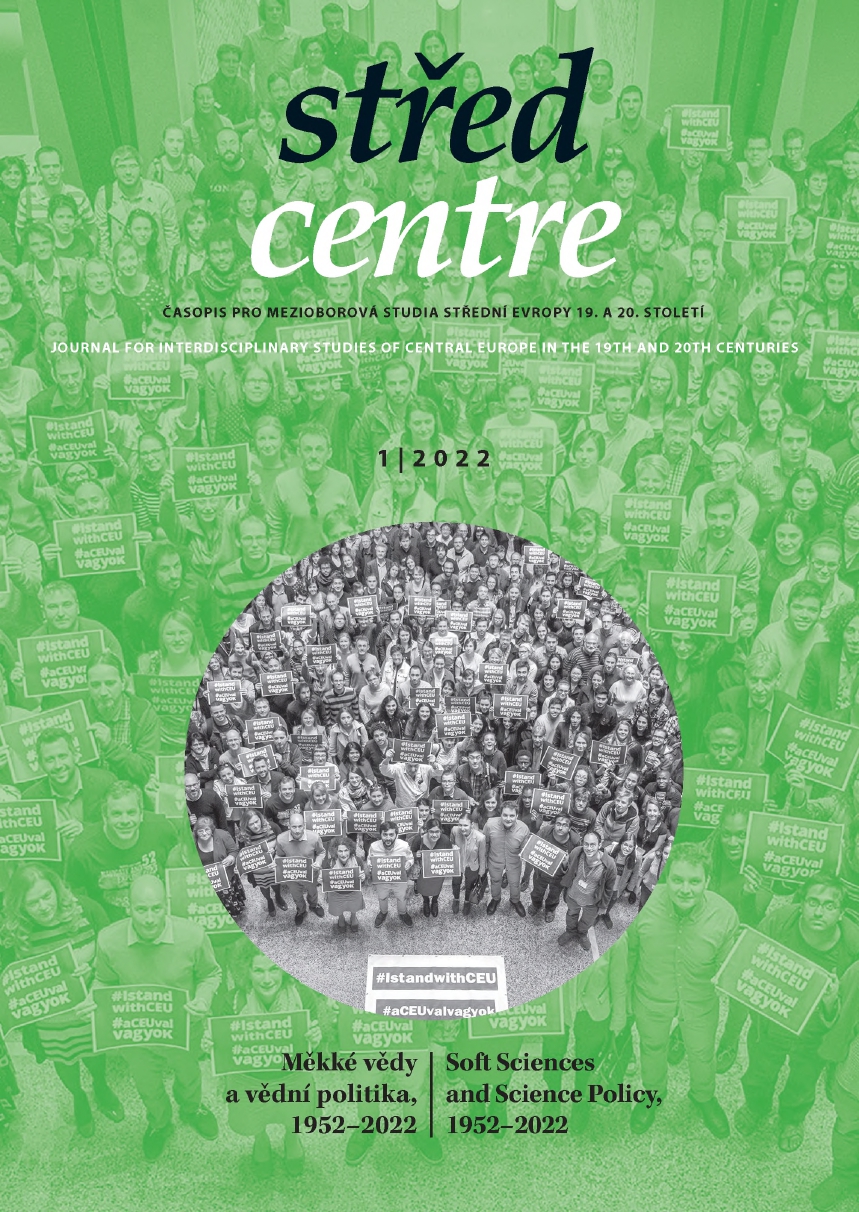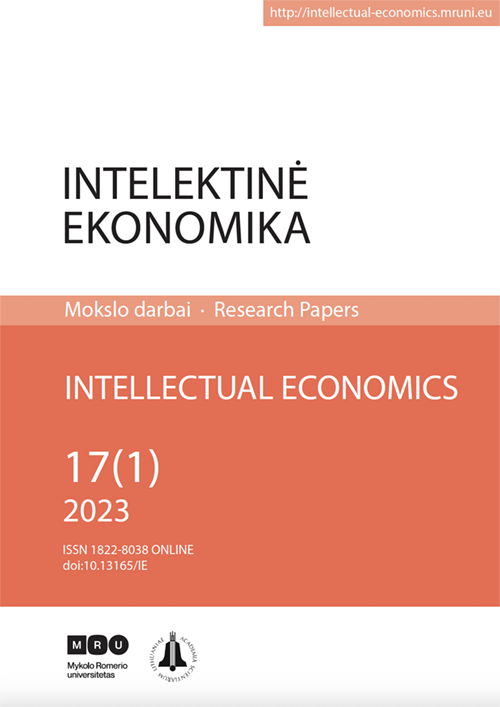The Concept of Corruption in the Context of the Czech Transformation
Koncept korupce v českém transformačním kontextu
Keywords: corruption; democracy; norm; transformation; clientelism; nepotism; social transaction; Czech society
This paper introduces an alternative concept of corruption. The cornerstone of the analysis is the model of secret transactions for profit, in which the actors give priority to informal particular norms over universal norms of democracy. Further, a model of corruption as a process is constructed. This model is applied to the social conditions as they have developed in the Czech Republic after 1989. Corruption seems to be a stable part of the social organization of the Czech society. It closely relates to the influence of pre-1989 networks, clientelism and nepotism. The combination of a weak official system (that should assert universal norms) and strong unofficial systems of community interests (that encourage corruption) builds a strong corruptogenic setting in the macrostructure. On the micro-level this outcome is fostered by the weak loyalty of nationals to the state and their tendency to distrust and resist the authorities.
More...

